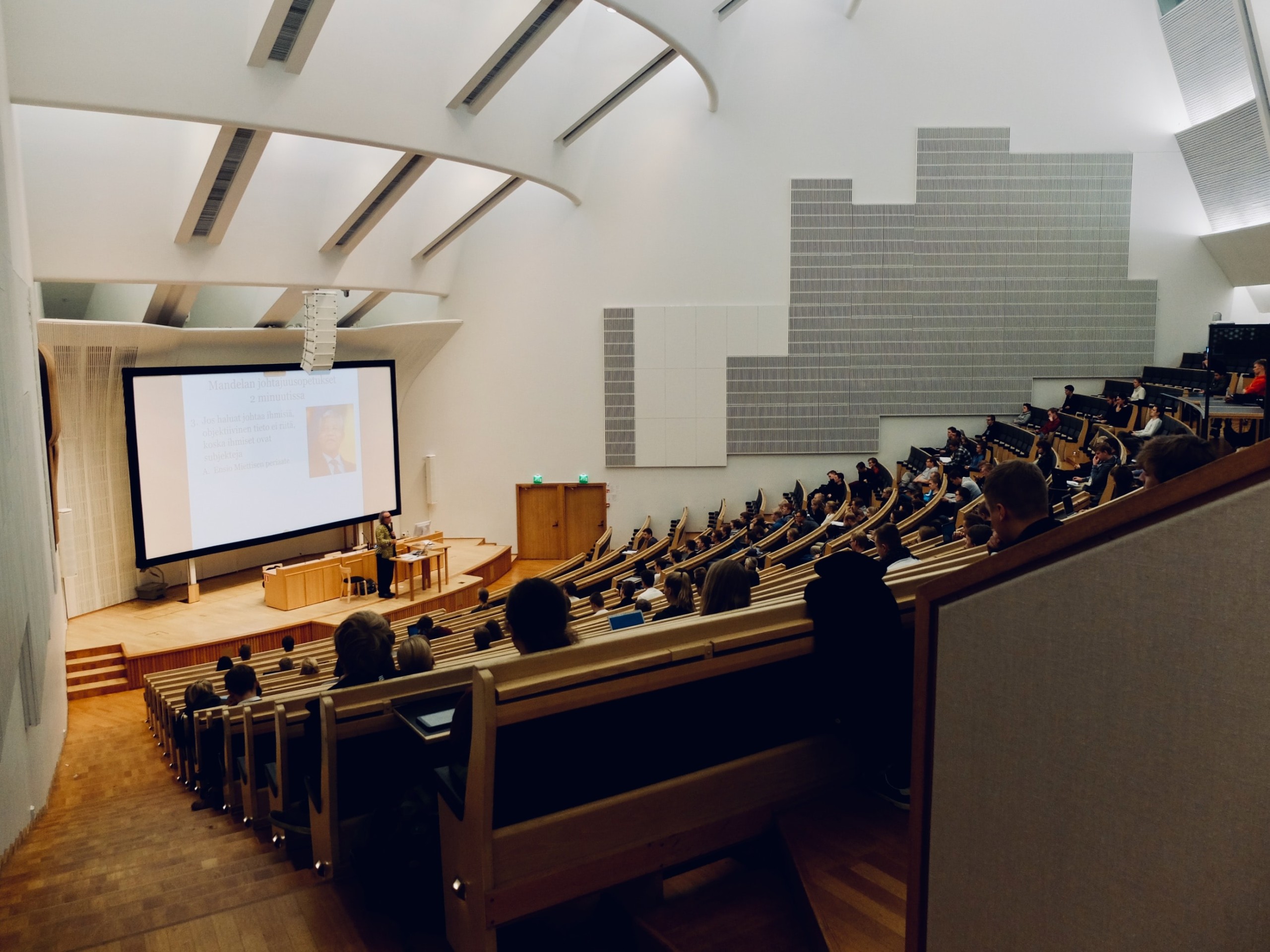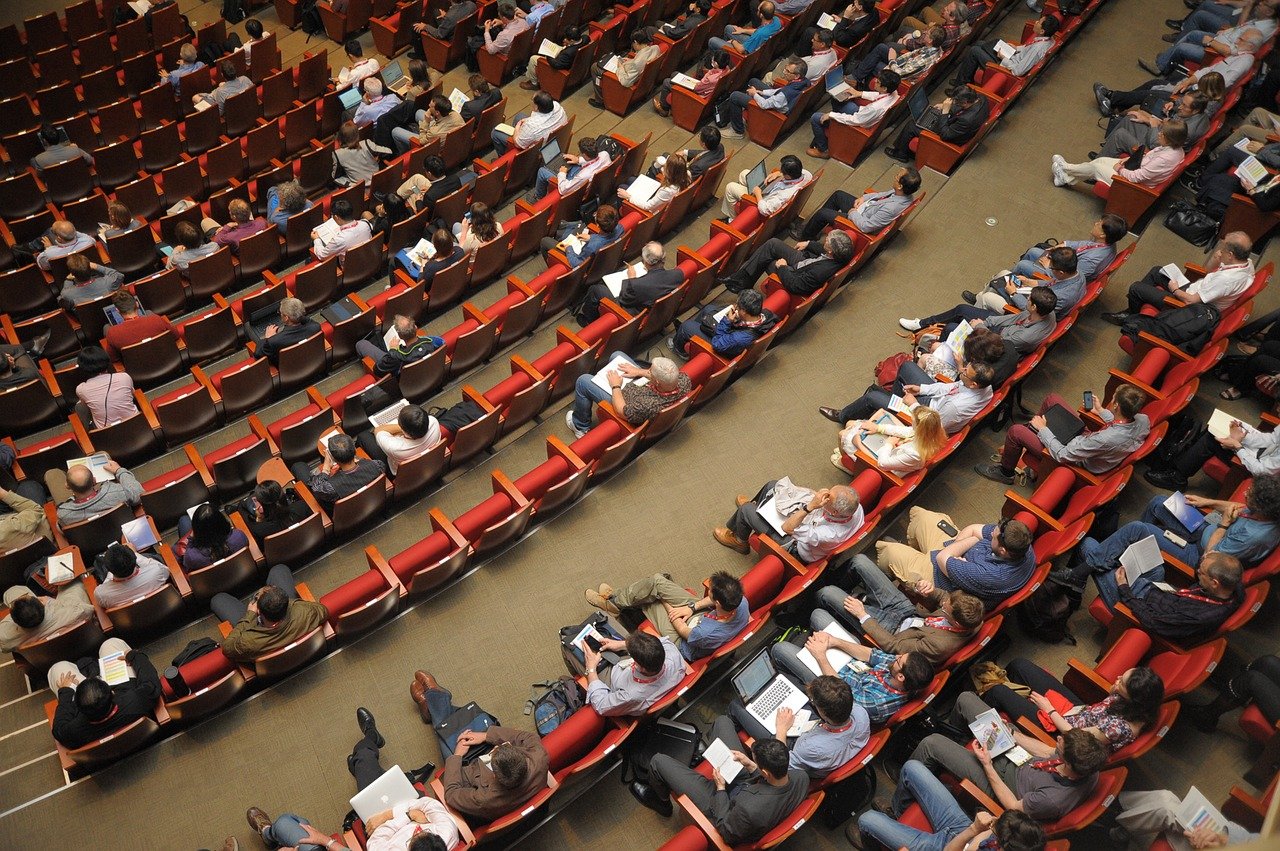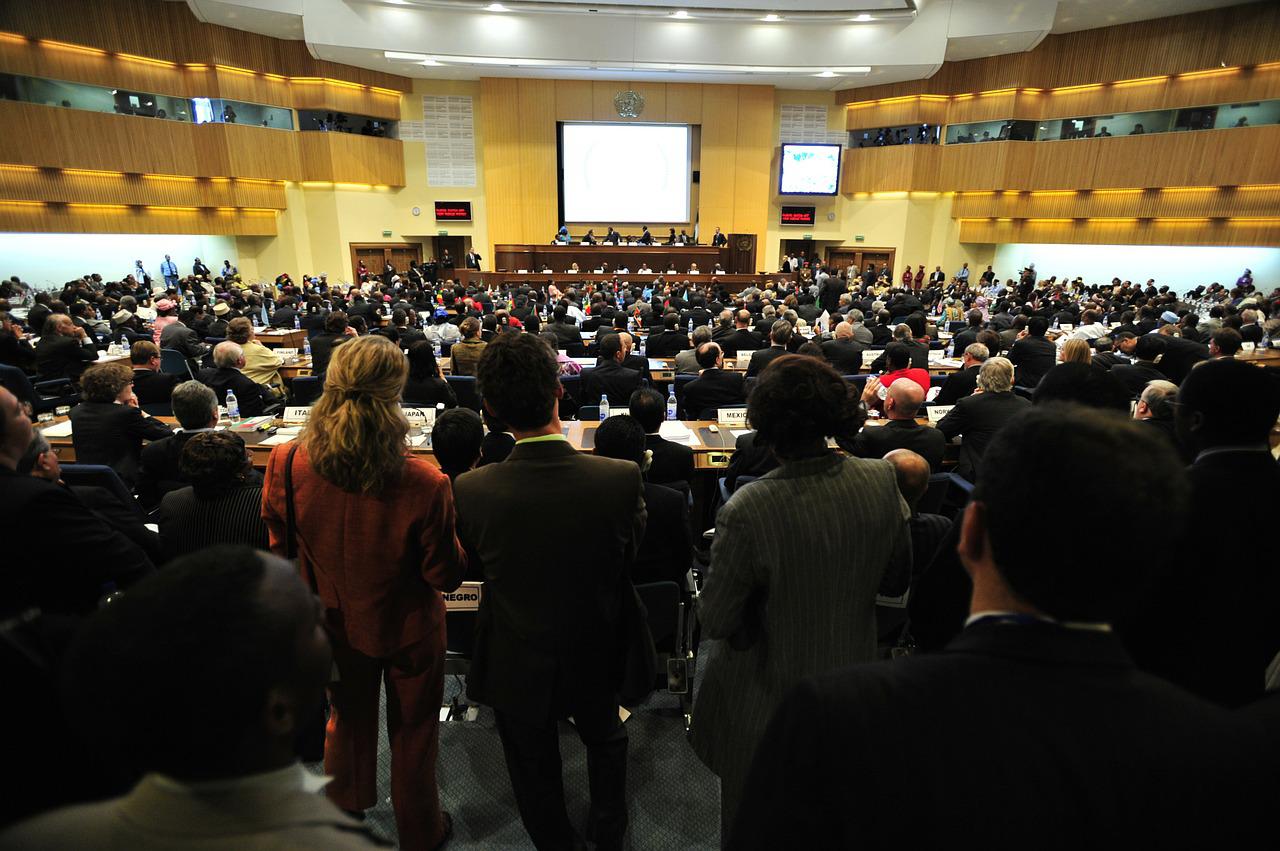We were at the PRO-ENERGY CON conference in Hustopeče
Despite the corona and restrictive measures, the annual PRO-ENERGY CON conference was “live” this year. Hats off to the organizers, the conference was well worth it and we were very happy to attend – also in the sense of one of its mottos: “Personal encounters and connections make energy energy energy.”
The programme of the 10th anniversary two-day conference held on 11th and 12th November in the picturesque Moravian town of Hustopeče was literally packed. This was also due to the fact that anti-corona measures prevented the annual conference from being held last year.
A strong line-up of Czech and Slovak experts not only from the energy sector, but also from law, banking, science and research, the third sector and government had the opportunity to discuss important and topical issues across all energy sectors in an informal atmosphere.
The first day of the conference was dedicated to panel discussions led by experienced moderators and moderators. Presentations by panel speakers were interspersed with discussions and answers to questions from the floor.
Block I of the conference answered the questions in context:
- In 2050, will energy be more central or decentralised?
- What should be the legal environment for decentralisation to take place?
- Will predictability and stability of the legal environment and energy legislation be a problem?
- What will be the impact of energy decentralisation on transmission systems?
- What data will be necessary to ensure the safe operation of the system and to set the market correctly?
Speakers agreed that in 30 years’ time the energy sector is likely to be a mix of centralised and decentralised sources, with a centralised management system still needed for grid stability. Finding the boundary between centralized and decentralized systems and their functional intersections is also important. The current paradigmatic division is likely to be modified by technological advances.
Block II: 3D energy transformation – “decarbonisation – decentralisation – digitalisation”
sought answers to these questions:
- What do the changes coming from the European Commission mean in practice?
- Will energy be sustainable?
- What challenges do regulated entities face?
- Where will market participants have to compete?
- What does the customer get and what does the customer pay?
The experts followed up on the topics discussed in the previous session and stressed the importance of the digitisation of the energy sector as a tool for more comprehensive management of decentralised systems. In addition to reducing the operational costs of the systems, integrated and digitised platforms should give room for the involvement of more players in the energy market – also in the context of the necessary decarbonisation.
One of the speakers of the panel discussion of this thematic block was also the commercial-technical director of Microstep-HDO Ing. Ivan Trup.
Block III of the conference entitled Low Carbon Fuels in the Modern Era
raised the following questions:
- What could be the “fuel” trends in energy and transport in the coming years?
- Are biomethane, hydrogen, fuel cells or energy from waste the answer?
- Can we fully replace coal and oil fuels with these energy sources?
Here, the topic of hydrogen as a key alternative, discussed in the panel discussion of Block I, resonated in particular. The diverse composition of experts on the panel did not produce a consensus on the preference for a single alternative fuel pathway. Decarbonisation is likely to result in a combination of several types of alternative low-carbon fuels.
Block IV, aptly titled Energy under the guise of global change
was devoted to these topics and issues:
- The extraction of energy commodities and the subsequent conversion of energy into more noble forms has major environmental impacts.
- Does it make sense to fight climate change or is it time to adapt?
- What changes can be expected and how much will it cost us?
The conflicting perspectives of the debaters on the extent of anthropogenic greenhouse gas emissions on global warming have essentially mirrored the global controversy. However, the debaters agreed that reducing the negative human impact on the environment is inevitable, and decarbonisation is one concrete step.
On the second day of the conference, the participants had the opportunity to take part in an excursion to the EFG waste biogas plant in Vyškov, which annually processes about 11 thousand tons of bio-waste into about 1.7 million tonnes of biogas. Nm3 of biogas.
Proceedings and full conference proceedings are available here.
We are living in times when, also as a result of the corona crisis, electricity and gas prices on the energy markets have almost quadrupled year on year. The energy sector is changing dynamically and these changes need to be captured and managed.
Expert conferences are the ideal platform to ask questions and find answers on how the energy sector will develop. The 10th anniversary edition of the annual Czech-Slovak PRO-ENERGY CON professional conference was just such an open and informal platform.
Source: https://proenergycon.cz/










